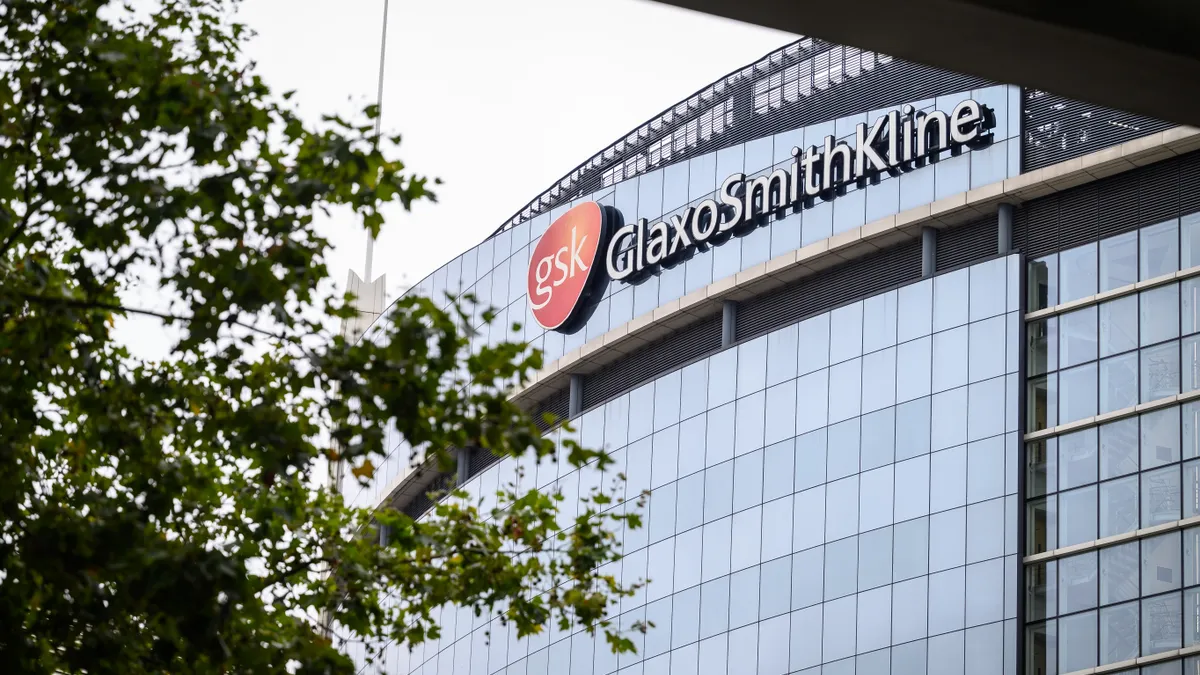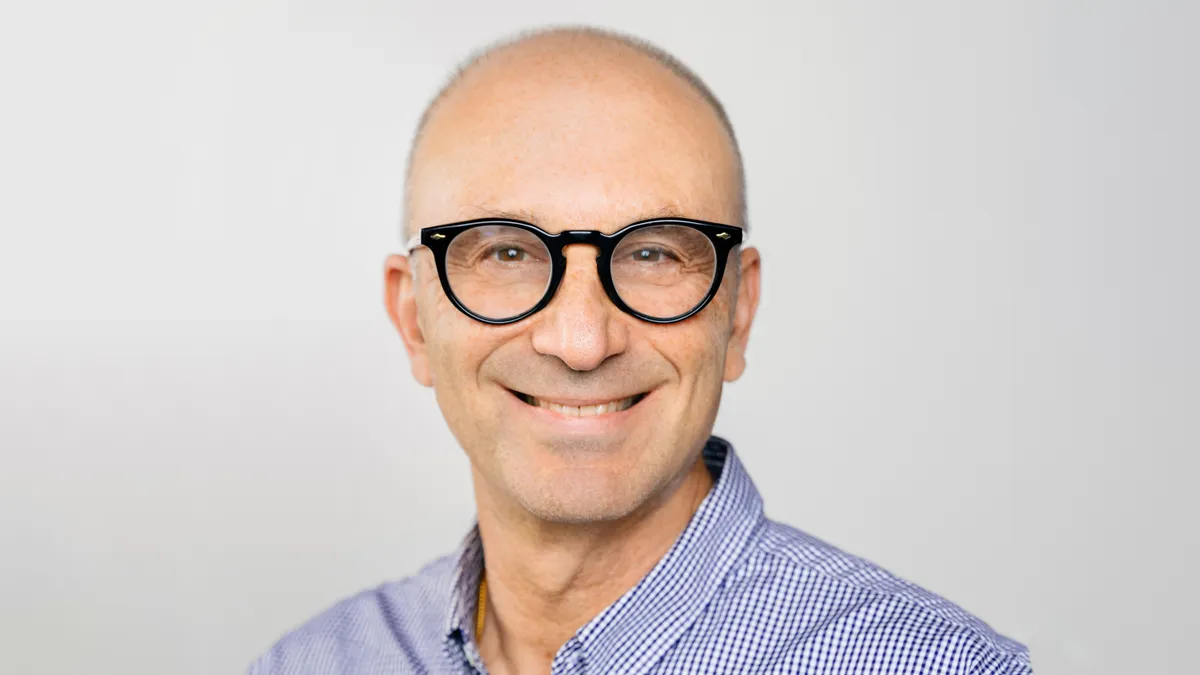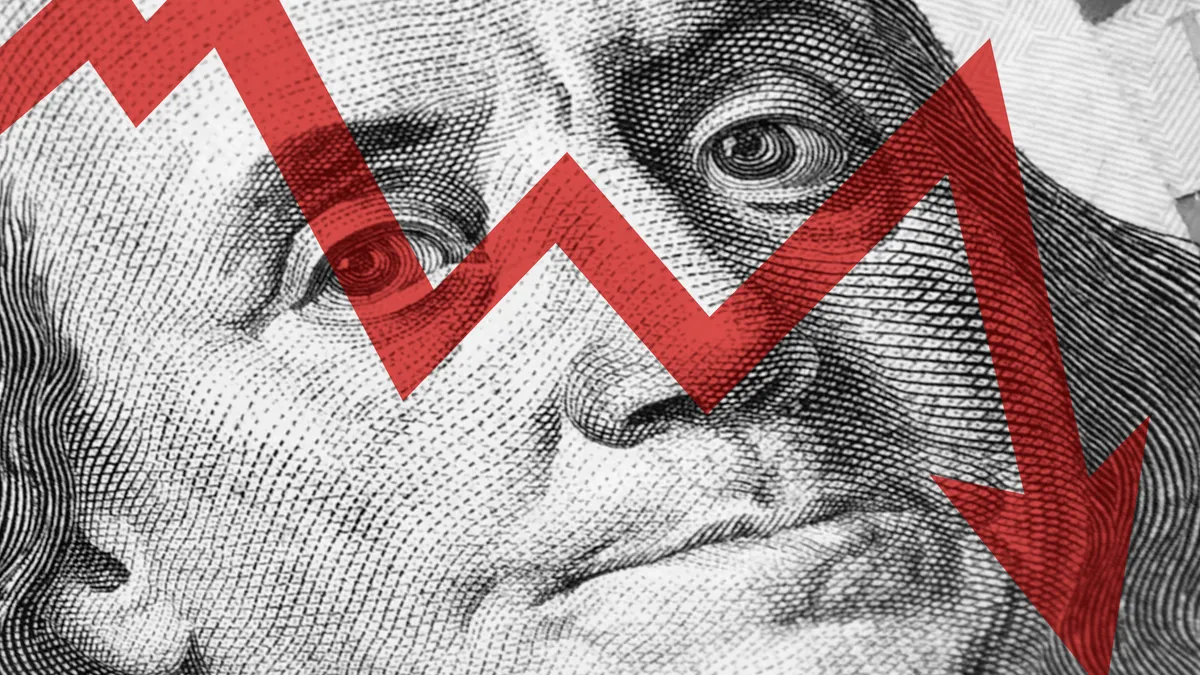Change is in the air at GSK. Over the past six months, the British-based pharma completed the spinoff of its consumer division, announced Burberry’s Julie Brown will succeed Iain Mackay as CFO upon his departure next spring and lost chief scientist Hal Barron, who took on a new role as CEO of Altos Labs in August.
And the pace of change doesn’t seem to be slowing down. This past week, GSK president of vaccines and global health, Roger Connor, announced he is leaving the post “to take a new role in healthcare, outside biopharma” after 25 years at the company, Kathleen Quinn, head of U.S. corporate communications, said in a statement.
Rather than search for a replacement, GSK is shifting and “re-allocating” Connor’s responsibilities among other members of its executive leadership team. This comes at a pivotal moment for the company as it looks to cement itself as the “leading vaccines company,” and is counting on three products — its shingles and meningitis vaccines and RSV candidate — to put it safely on top.
Here’s a look at how the shift will shake out, what it means for GSK’s goals moving forward and how it could impact the industry at large.
Chief commercial officer set to shoulder vax strategy efforts
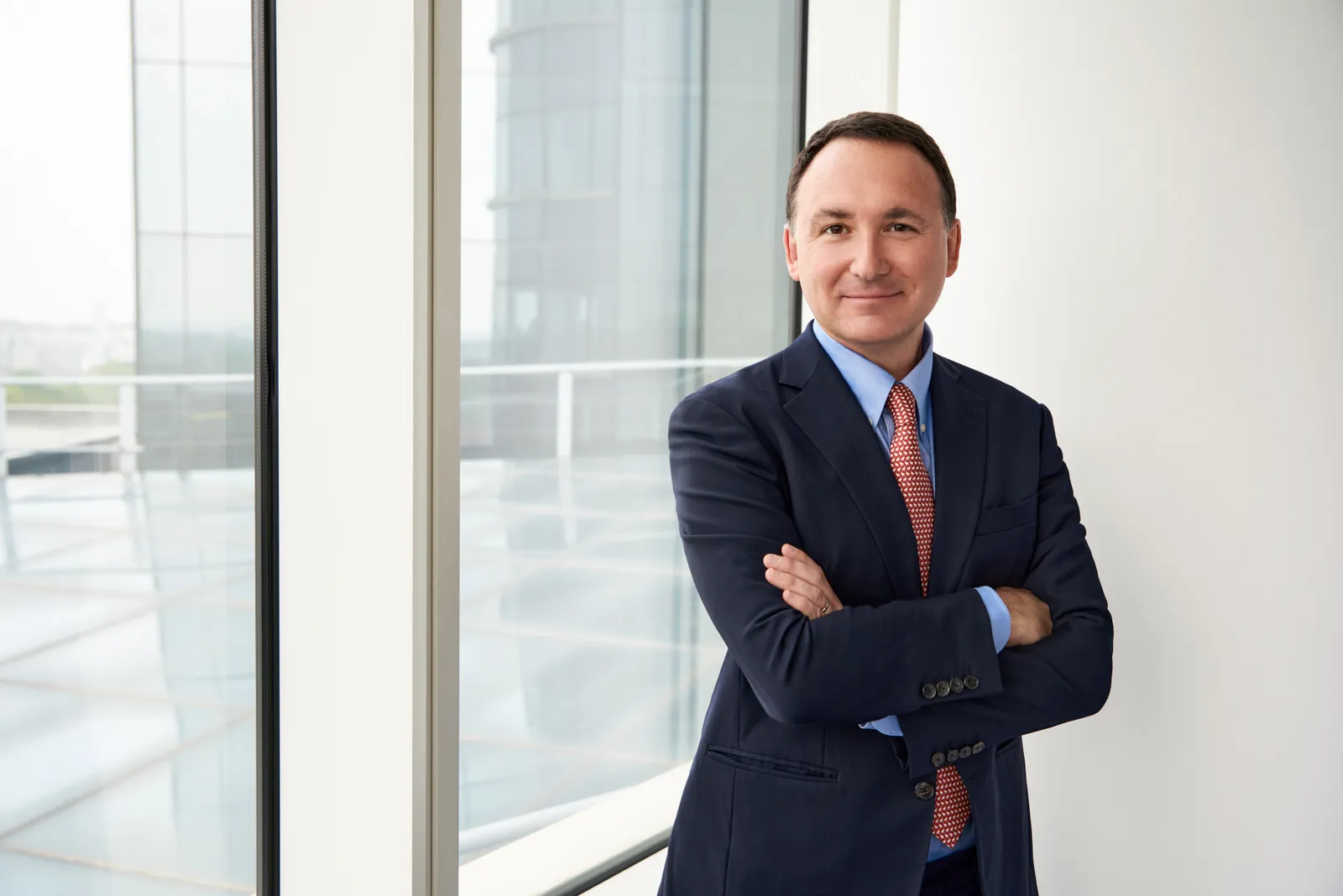
Who: In addition to his current responsibilities as chief commercial officer at GSK, Luke Miels will now head up strategic commercial development of vaccines “in partnership with R&D and supply,” Quinn said.
Background: Miels joined GSK in 2017 from AstraZeneca, where he served as executive director of its European business. His initial move to GSK was a bit tumultuous and included a monthslong legal battle with AstraZeneca over an alleged breach of contract that ultimately ended in a settlement. Since joining GSK, Miels has made his mark leading strategic product development in specialty and general medicines, along with the company’s commercial launches.
What it means: Taking on strategy development for GSK’s vaccine franchises in addition to these duties is no small order. With his new responsibilities, Miels is destined to have a significant impact on the company’s overall strategy in the coming years as it jockeys for more of the vaccine market share. He’ll steer the path from lab to launch for some of GSK’s biggest, and potentially most lucrative, candidates including its in-development respiratory syncytial virus (RSV) vaccine.
Recently published phase 3 data shows the shot has 82.6% efficacy against RSV lower respiratory tract disease and 94.1% efficacy in reducing severe cases of RSV. But the company is competing against several other big competitors who also have late-stage vaccine candidates for the virus, including Pfizer, Johnson & Johnson and Moderna, to have the best and first-to-market candidate. No doubt this will be top of mind for Miels in the coming months.
ViiV Healthcare CEO takes on GSK Global Health
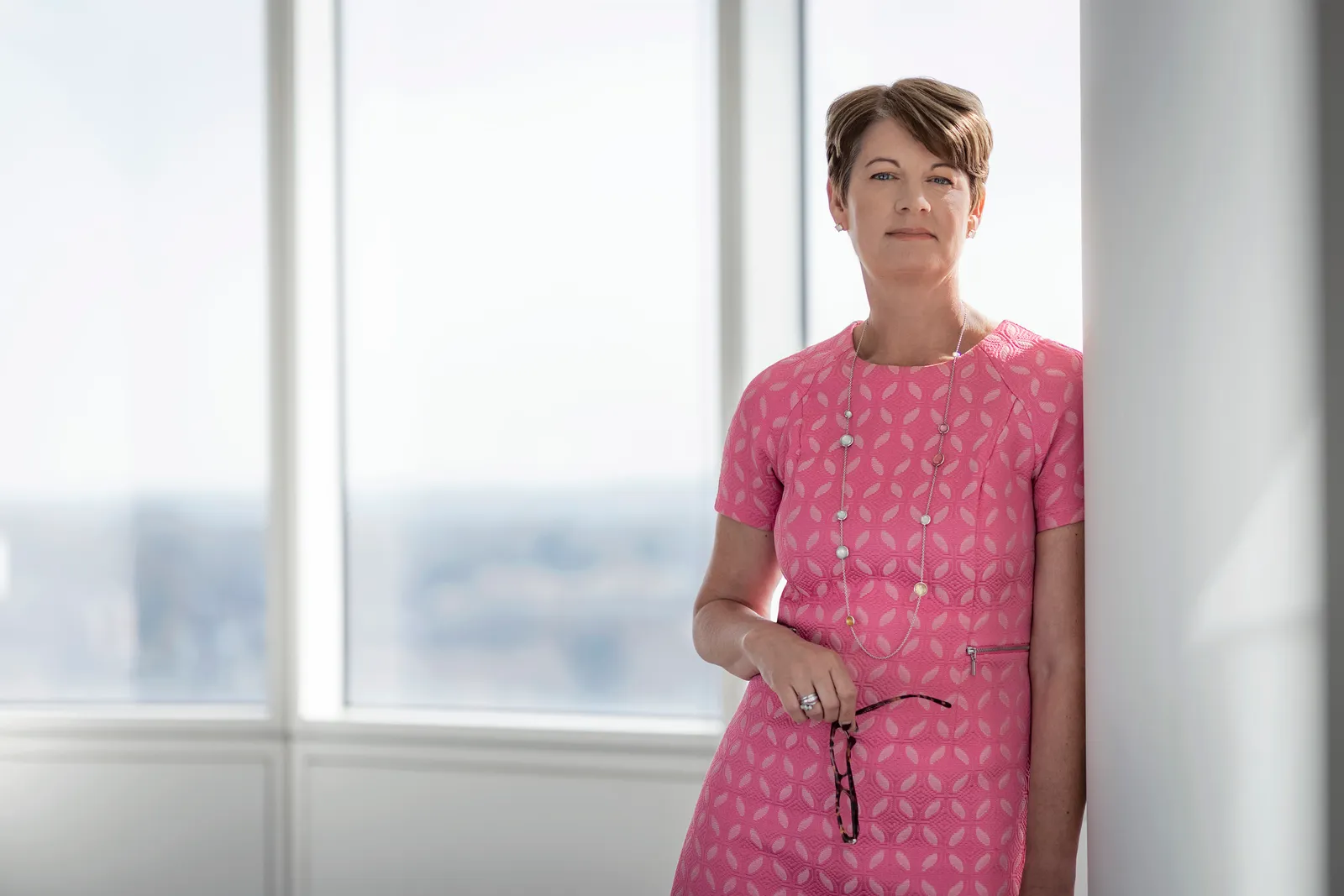
Who: Deborah Waterhouse, the now CEO of Viiv Healthcare, an HIV-focused pharma created in 2009 as a joint venture by GSK and Pfizer, will assume control over GSK Global Health in addition to her current duties.
Background: Over the past two decades, Waterhouse has risen through the ranks at GSK from her initial role in sales and marketing, to head of its U.S. vaccine business, then to senior vice president of primary care for the U.S., and as CEO at ViiV since 2020. In that role, Waterhouse notably ushered the company’s long-acting injectable drug Cabenuva to FDA approval and helped launch its extended release tablet Rukobia, a first-in-class HIV attachment inhibitor.
What it means: While Waterhouse’s new accountability of GSK Global Health will expand the scope of her work past the HIV disease area, her central focus will remain on infectious diseases predominantly affecting middle- and low-income countries. In addition to her work with HIV therapies at ViiV, she’ll now oversee the company’s pipeline of malaria, tuberculosis, enteric diseases and tropical disease medications.
Vaccine supply chain duties moved to expert hands

Who: Lastly, global supply chain president Regis Simard will assume all of Connor’s duties related to vaccine and medicine supply.
Background: Since joining GSK in 2005, Simard’s overseen multiple aspects of the company’s operations — from serving as vice president of emerging markets to heading up global manufacturing and, most recently, as president of global supply chain where he leads an organization of 14,000 employees.
What it means: Lingering supply chain pressures may be easing across the globe, but as GSK moves its RSV and other vaccine candidates forward in the pipeline, manufacturing and supply-related issues will become increasingly important. Simard’s breadth of experience could prove key on this front.



